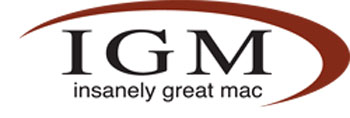New details of FBI's unlock of San Bernardino iPhone
April 18th 2021
In 2015, the FBI and Apple squared off over an iPhone belonging to a mass shooter in San Bernardino. The iPhone's storage was encrypted and locked with a passcode. The FBI was pressuring Apple to create software to allow it to access the device. Before things could come to ahead in the courts, the FBI managed to unlock the device and abandoned its lawsuit against Apple.
Details of how the iPhone has been unlocked have been closely held secrets. Over five years later new details continue to emerge. According to the Washington Post, the FBI had contracted Azimuth to unlock the device. Azimuth is an Australia-based security research firm.
The tale of the unlocking of the terrorist’s iPhone, reconstructed through Washington Post interviews with several people close to the situation, shines a light on a hidden world of bug hunters and their often-fraught relationship with the creator of the devices whose flaws they uncover. Azimuth is a poster child for �"white hat†hacking, experts say, which is good-guy cybersecurity research that aims to disclose flaws and disavows authoritarian governments.
Two Azimuth hackers teamed up to break into the San Bernardino iPhone, according to the people familiar with the matter, who like others quoted in this article, spoke on the condition of anonymity to discuss sensitive matters. Founder Mark Dowd, 41, is an Australian coder who runs marathons and who, one colleague said, â€�"can pretty much look at a computer and break into it.†One of his researchers was David Wang, who first set hands on a keyboard at age 8, dropped out of Yale, and by 27 had won a prestigious Pwnie Award â€" an Oscar for hackers â€" for â€�"jailbreaking†or removing the software restrictions of an iPhone.
